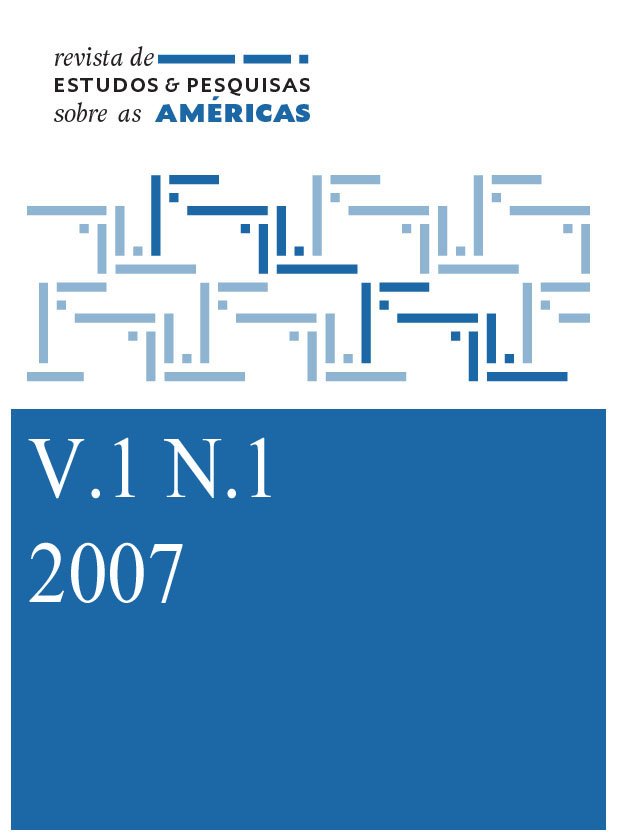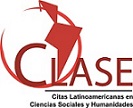The social basis of separatism: explaining support for the Puerto Rican Independence Movement
Resumo
In the 1990s, particularly in the wake of the fall of the Soviet Union, comparativists rediscovered the enduring appeal of separatist movements around the globe. Many of the most significant political events of the past decade have revolved around issues of nationalism, ethnicity, irredenta, and the like. In light of these renewed preoccupations, it is surprising that U.S. scholars have largely ignored a nationalist movement closer to home. The Puerto Rican independence movement is by far the most significant separatist tendency under the U.S. flag, and is one of the few major anticolonialist movements to survive into the twenty-first century. Although supporters of Puerto Rican independence have typically drawn only three to five percent support in local elections and in plebiscites on the island’s political status, neither have they disappeared from the political scene. The remarkable durability of the independence movement demands systematic explanation. However, as strange as it may seem, to date there have been no serious scholarly studies of the social bases of the Puerto Rican independence movement.Downloads
Downloads
Publicado
Como Citar
Edição
Seção
Licença
a. Autores mantém os direitos autorais e concedem à revista o direito de primeira publicação, com o trabalho simultaneamente licenciado sob a Licença Creative Commons Attribution que permite o compartilhamento do trabalho com reconhecimento da autoria e publicação inicial nesta revista.
b. Autores têm autorização para assumir contratos adicionais separadamente, para distribuição não-exclusiva da versão do trabalho publicada nesta revista (ex.: publicar em repositório institucional ou como capítulo de livro), com reconhecimento de autoria e publicação inicial nesta revista.
c. Autores têm permissão e são estimulados a publicar e distribuir seu trabalho online (ex.: em repositórios institucionais ou na sua página pessoal) visando aumentar o impacto e a citação do trabalho publicado (Veja O Efeito do Acesso Livre).
d. Ao ter seu trabalho aprovado e publicado, o autor compromete-se a colaborar com os processos de avaliação de outros trabalhos, em conformidade com sua disponibilidade e área de atuação.
















